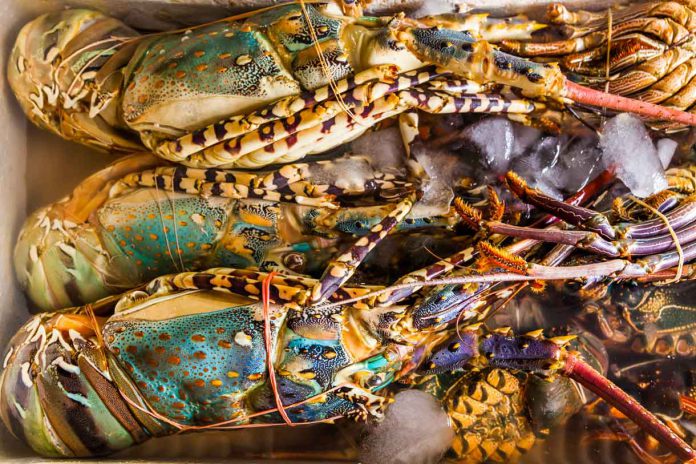Members of the Listuguj Mi’gmaq First Nation took to the waters of the Chaleur Bay to fish for lobster, just as they have for generations. The difference this fall is that they will sell some of their catch. The Department of Fisheries and Oceans (DFO) has refused to grant the Listuguj Mi’gmaq Government a commercial licence for its fall lobster fishery. The fishery will be conducted without a licence from the DFO but will be regulated by the community’s own law and fishing plan.
In 1999, in R. v. Marshall, the Supreme Court of Canada confirmed that the Peace and Friendship Treaties of 1760-61 and the Canadian constitution protect the right of Mi’gmaq communities to fish commercially to provide for themselves. The DFO has the authority to impose limits on Mi’gmaq commercial fishing, but only if these limits are minimally intrusive, follow meaningful consultation, and are aimed at achieving a compelling objective, such as conservation or safety. The DFO has offered no explanation that could justify its refusal to issue a commercial fishing licence this fall.
“Prime Minister Trudeau has often repeated that his government’s most important relationship is with Canada’s indigenous people,” said Darcy Gray, Chief of the Listuguj Mi’gmaq Government. “This fall provides the Prime Minister with an opportunity to show us what that really means. If this government is actually committed to reconciliation, then they will support us as we exercise our rights.”
A fall lobster fishery is not new. Listuguj has held a fall lobster fishery to feed the community for the past two decades. “We have no intention of increasing our fishing effort beyond what is sustainable,” explained Fred Metallic, the Listuguj Mi’gmaq Government’s Director of Natural Resources. “We have our own law and plan in place to ensure that.”
The difference this year is that some of the lobster caught in the fall will be sold to offset costs. Since the Marshall decision, Listuguj has also conducted a limited commercial lobster fishery in the spring. For the spring fishery, the DFO issues the Listuguj Mi’gmaq Government a commercial licence.
Sky Metallic is a Councillor with the Listuguj Mi’gmaq Government. “Our disagreement with the DFO is about what happens to the lobster after they have been brought ashore,” he explained. “This has nothing to do with safety or conservation. I understand that we are in an election, but that is not a reason to violate our rights. We need to move forward. This is about reconciliation, not politics.”
Last November, Canada and the Listuguj Mi’gmaq Government signed a Framework Agreement on Reconciliation and the Fisheries. That agreement kicked off formal negotiations on fisheries governance and fishing rights. Those negotiations are ongoing.
“Listuguj remains committed to negotiating a long-term arrangement with Canada to find reconciliation on water,” Chief Gray emphasized. “But we cannot be made to wait indefinitely and for no reason for permission to exercise a right we already have: our right to fish and sell fish to address our community’s needs.”


